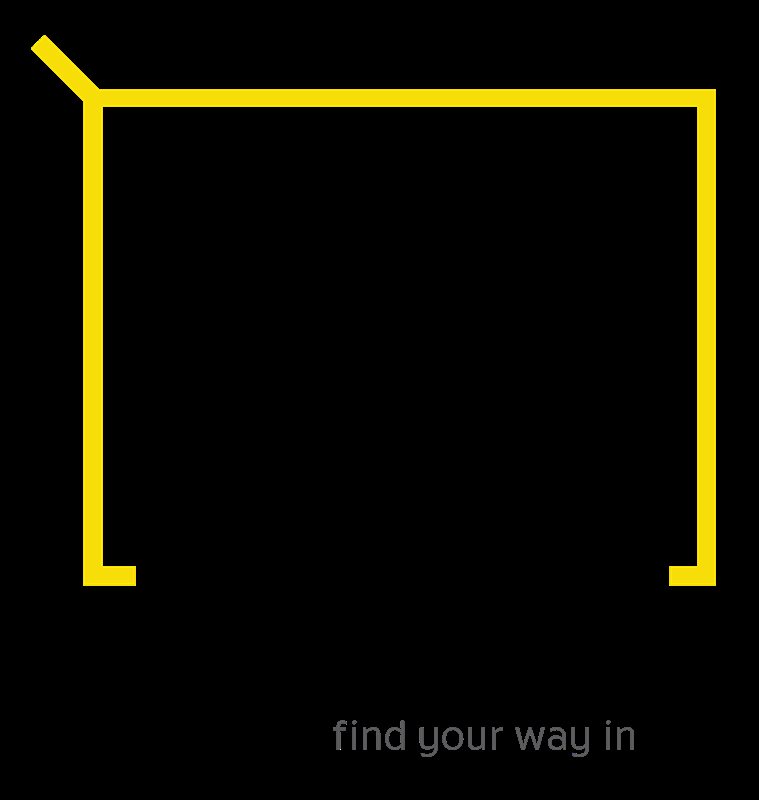 Rochester Art Center Gallery
Rochester Art Center Gallery
The Names We Change is a solo exhibition by Katayoun Amjadi featuring installations and interactive artworks about naming, identity, otherness and community.
Throughout the duration of the exhibition, artist Katayoun Amjadi invites the members of the public to share their name stories. The artist will both facilitate and record interviews of participants via Zoom. These video interviews will become part of future iterations of The Names We Change.
Naming is the first act of calling into being and thus one of the original signifiers of identity formation, placing the individual in contextual relationship with culture, race, gender, and ethnicity. It is a symbolic contract between the individual and society and confirms the individual’s existence and society’s obligation and responsibility to the individual, and the individual’s implicit acceptance to the society.
Our history precedes us through our name as a kind of referential boundary, yet also liberates us to our self-identity, wherein our own meanings and aspirations well up and push through the membranes and layers of history, gender, culture and memories. It is an act of unfolding that is at once dynamic, creative and original, yet one whose origination is also fixed to family, language, history and place.
The Names We Change is a series of video interviews investigating myriad responses from those in marginalized communities, immigrants, diasporas, and LGBTQ communities to identity transformation in the way first names are kept or changed. To the sometimes leveling effect of cultural hegemony these responses can be seen as erasures or disclosures, as sites of rebellion or acceptance. This project is interested in discovering both coherence and fracture; of how our names gather our sense of belonging, yet can also become a source of tension, contradiction and rupture, or humor and creative negotiation.
Within these interviews one will hear the arbitration of identity as a lived experience that can range in discourse and effect from responses of efficacy, humor and convenience, to deflection and deviation, to resistance, opposition and provocation, to those of a deeper personal grounding.
The responses to this are as varied as the people that usher them into being. Frequently one will then have two or more names that correlate to the circumstance of use. Indeed as seen in some of the interviews there is a “Starbucks” name: convenient, easy to pronounce, disposable. As one of the interviewees notes: “You can be anybody at Starbucks.”
This project serves as a platform for marginalized voices to engage with the public in a dialogue of reciprocal awareness and insight, and share in an experience that can be fraught with the sense of otherness and alienation, yet often met with remarkable personal creativity and humor. The intention is to begin to build bridges where gaps and rifts may be the norm. These are small, but not insignificant, gestures of community and conviviality.


